The inability to open up to hope is what blocks trust, and blocked trust is the reason for blighted dreams.
Elizabeth Gilbert
Building trust with your team as a leader is crucial for creating a productive and positive work environment. Here are some tips on how to build trust with your team:
- Communicate openly: It is important to communicate regularly and openly with your team. This includes being transparent about your decisions, goals, and expectations, as well as encouraging your team to share their thoughts and ideas.
- Listen actively: Listening is an essential part of effective communication. When your team members speak, make sure you are actively listening to what they say, and acknowledge their input. This will show that you value their opinions and ideas.
- Be reliable: One of the best ways to build trust is to be reliable. Follow through on your commitments and promises, and be consistent in your actions and decisions.
- Encourage collaboration: Encourage your team to collaborate and work together towards common goals. This will help build a sense of community and unity within the team, and create a positive working environment.
- Show vulnerability: As a leader, it is important to show vulnerability and admit when you make mistakes. This will help your team see you as human and approachable, and build trust and respect.
- Provide feedback: Regular feedback is essential for building trust and improving performance. Provide constructive feedback to your team members, and be open to receiving feedback from them as well.
- Recognize and reward success: Recognize and reward your team members for their successes and achievements. This will help build morale and create a positive atmosphere within the team.
What is Trust Equation?
The Trust Equation is a framework developed by David Maister, a consultant and author who focuses on professional service firms. The Trust Equation is a mathematical formula that helps explain how trust is built and maintained in professional relationships. The equation is as follows:
Trust = (C + R + I) / S
Where:
C = credibility, the perception that the person is competent and knowledgeable
R = reliability, the perception that the person will follow through on their commitments and promises
I = intimacy, the perception that the person shares common interests and values and demonstrates empathy and concern for others
S = self-orientation, the perception that the person is focused on their own interests rather than the interests of others
The Trust Equation suggests that trust is the result of a combination of factors, including credibility, reliability, intimacy, and self-orientation. To build trust, individuals should focus on improving these factors by being competent and knowledgeable, following through on their commitments, showing empathy and concern for others, and minimizing their self-orientation. By doing so, they can establish and maintain strong relationships built on trust.
What can diminish trust levels?
Trust is a fragile element in any relationship, including those in a professional setting. Here are some common factors that can diminish trust levels:
- Lack of communication: When there is a lack of communication or transparency, it can create a perception of secrecy or dishonesty, which can undermine trust.
- Broken promises: When commitments are made but not followed through, it can lead to disappointment and a loss of faith in the other party’s ability to keep their word.
- Inconsistency: Inconsistency in words, actions, or decisions can lead to confusion and mistrust.
- Self-interest: When an individual appears to be more focused on their own interests rather than the interests of the group or organization, it can erode trust.
- Gossip or rumours: Spreading rumours or gossip can create a sense of mistrust and undermine the credibility of the individual involved.
- Lack of accountability: When an individual fails to take responsibility for their actions or decisions, it can create a sense of mistrust.
- Lack of empathy: Failing to show empathy or understanding can lead to a perception of insensitivity or indifference, which can diminish trust
Trust is like a vase, once it’s broken, though you can fix it, the vase will never be the same again.
Walter Anderson
Overall, trust can be diminished by any action or behaviour that undermines the perception of integrity, honesty, and credibility

